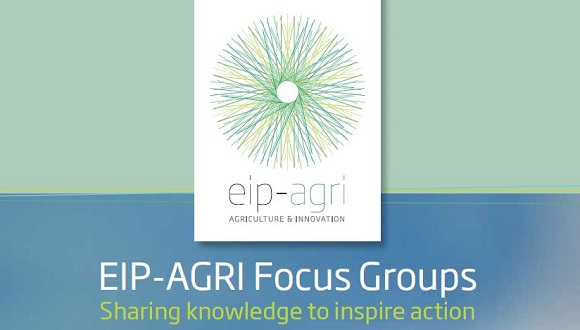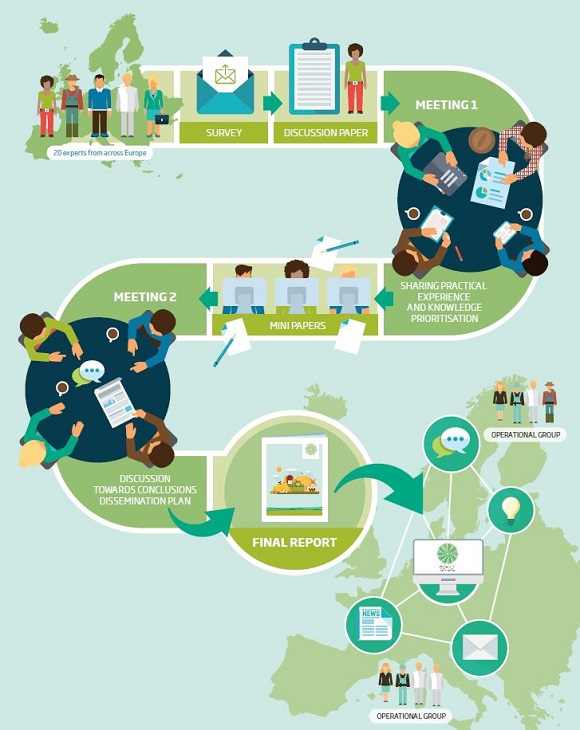CREAF will help European forestry adapt to climate change
Enrique Doblas is part of a European interest group on climate change adaptation in the forestry sector. CREAF’s knowledge and innovations will be taken into account when planning solutions to fight climate change.

CREAF researcher and Scientific Coordinator Enrique Doblas Miranda has been chosen as a member of the group, New Forest Practices and Tools for Adaptation and Mitigation of Climate Change. This is a group aimed at positive change, proposing new strategies for reducing the impact of climate change on European forests. The group is part of the EIP-AGRI Focus Group initiative; EIP stands for the European Innovation Partnership, whereas this particular group is focused on issues related to agriculture and the environment.
“There are other EIPs including those focused on raw materials or water. But this group, the EIP-AGRI, is particularly active, and it has a lot of influence on the European level.”
“We have seen that the EU sometimes offers research projects in direct response to proposals and recommendations of the EIP-AGRI focus groups. Their input is highly valued, and CREAF can participate along these lines. We can contribute our knowledge and propose useful solutions for reducing the effects of climate change on European forests,” says Enrique Doblas.
The group that Doblas has been invited to participate in consists of twenty Europeans whose professional activities fall within the forestry sector, including property owners, consultants, farmers, and forest service members, among others. “In my case, I am attending principally in the capacity of a researcher of a key scientific institution, CREAF, but they are also interested in my role as representative of the NGO The NODE,” says Doblas.

This and other interest groups are initiatives promoted by the European Union for gathering and synthesizing knowledge on best practices and advances in a given field, designed to represent the interests of society as a whole. “There are other EIPs including those focused on raw materials or water. But this group, the EIP-AGRI, is particularly active, and it has a lot of influence on the European level,” says CREAF’s scientific coordinator.
"We have seen that the EU sometimes offers research projects in direct response to proposals and recommendations of the EIP-AGRI focus groups. Their input is highly valued, and CREAF can participate along these lines.”
For this and other EIP groups, innovation is a central when analyzing problems and proposing solutions. The idea is that broad-spectrum knowledge is acquired from the ground up, later arriving to the tables of political leaders and policy-makers. The heterogeneity of the group members’ backgrounds and interests assures that the final reports represent and include recommendations from all actors in the sector.
The first meeting of the group, New Forest Practices and Tools for Adaptation and Mitigation of Climate Change, took place in Ljubljana, Slovenia, last June 20-21.






